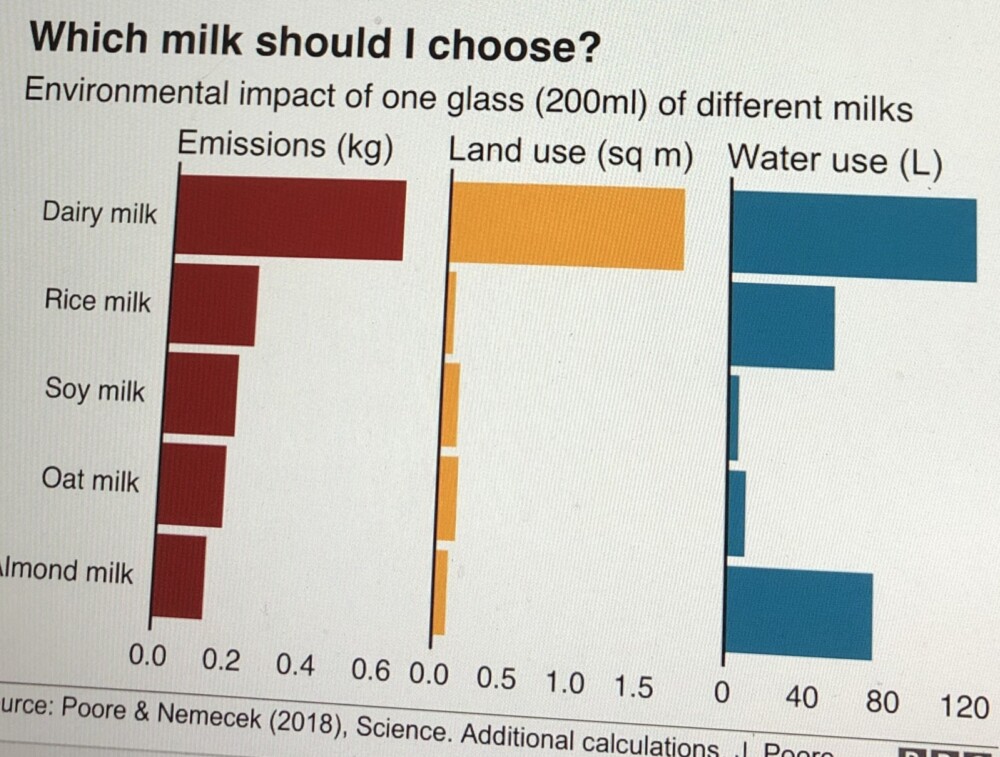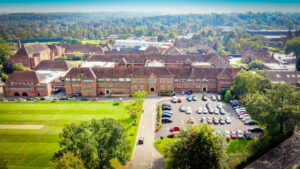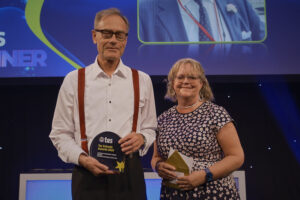This society run in conjunction with our neighbour school KES has been reflecting upon some of the most significant issues we face today. Food sustainability is one major issue that has been debated upon by the recently formed group and Meganne has written an insightful piece on this.
Food sustainability is when the production and consumption of food is sustainable and beneficial in terms of the economic, social and environmental sectors.A few ways we can all improve our food sustainability (vegan or non-vegan):
- Milk – When choosing milk, it’s important to research the impacts of its production.Cows milk is the most damaging in all areas, and soya and oat are the most consistently least damaging
- Fair trade products – Fair trade promotes environmentally friendly practices to its partners and the lack of exploitation of farmers means more economical stability for people and communities https://www.fairtrade.org.uk/Download.ashx?id=%7BA5D37733-CA8A-47AA-9F01-C1CAEB3DFC7F%7D
- Composting – This reduces the amount of rubbish sent to landfills and provides the opportunity to grow plants without commercial and fossil fuel reliant compost
- Meat – Reducing or not consuming meat (and buying from eco conscious farmers) has huge social benefits such as less food, water and land used to keep livestock, environmental benefits such as less atmospheric and water pollution from animal waste as well as less fossil fuels required in processing meat. https://www.connect4climate.org/infographics/true-environmental-cost-eating-meat
There are many more ways to work towards food sustainability than the few above, most of which do not require extreme lifestyles such as veganism but require a mind open to adapting. https://www.google.co.uk/amp/s/spoonuniversity.com/how-to/26-simple-things-you-can-do-now-to-eat-more-sustainably/amp
Written by Meganne in Upper Fifth (Member of Sustainability Society)












